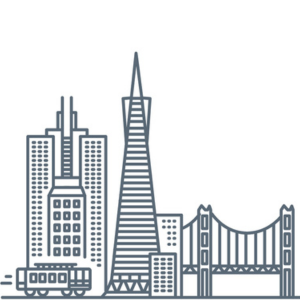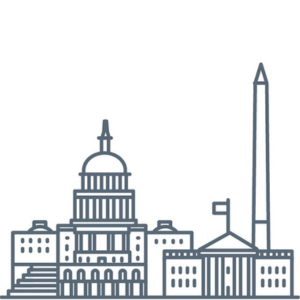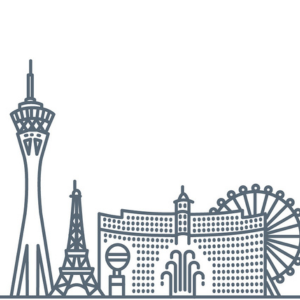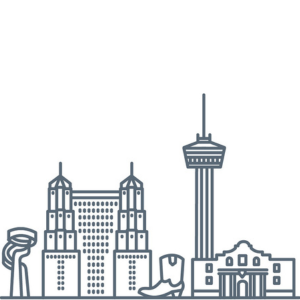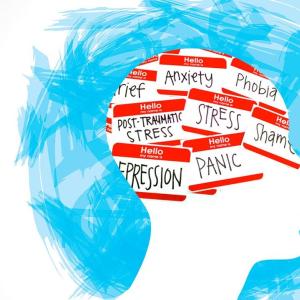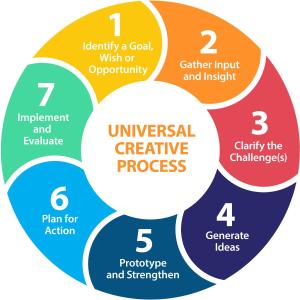The Renaissance era
The Renaissance era stands as a pivotal period in human history, marking a profound transformation in art, literature, and scientific inquiry. Spanning roughly from the 14th to the 17th century, this cultural revival originated in Italy and spread across Europe, giving rise to remarkable advancements in various fields and influencing the course of Western civilization.
At the heart of the Renaissance was a renewed interest in the classical ideals of ancient Greece and Rome, leading to a revival of classical art forms, literature, and philosophical thought. One of the defining characteristics of this era was the emergence of humanism, a philosophical movement that emphasized the value of human experience, reason, and individual potential.
Key figures of the Renaissance, such as Leonardo da Vinci and Michelangelo, exemplified the spirit of humanism through their multifaceted talents and groundbreaking achievements. Leonardo da Vinci, often regarded as the quintessential Renaissance man, excelled as a painter, sculptor, architect, engineer, and scientist. His iconic works such as the Mona Lisa and The Last Supper showcase his mastery of art, while his scientific inquiries into anatomy, botany, and engineering epitomize the Renaissance spirit of curiosity and exploration.
Michelangelo Buonarroti, another towering figure of the Renaissance, left an indelible mark on art and culture through his monumental sculptures, including the iconic David and the awe-inspiring ceiling of the Sistine Chapel. His dedication to capturing the human form with unparalleled realism and emotional depth epitomized the Renaissance ideal of humanism, celebrating the beauty and complexity of the human experience.
The Renaissance era also witnessed significant advancements in literature, with writers like William Shakespeare, Dante Alighieri, and Petrarch contributing to the flourishing of poetry, drama, and philosophical discourse. Shakespeare's timeless plays explored themes of human nature, morality, and the complexities of the human condition, resonating with audiences across generations and continents.
In the realm of science and innovation, the Renaissance era saw groundbreaking discoveries and inventions that revolutionized our understanding of the natural world. Scholars such as Nicolaus Copernicus, Galileo Galilei, and Johannes Kepler challenged prevailing beliefs about the cosmos, paving the way for modern astronomy and physics.
Overall, the Renaissance era was a transformative period that celebrated human creativity, intellect, and artistic expression. It laid the foundation for the modern world by fostering a spirit of inquiry, innovation, and cultural flourishing that continues to inspire and shape contemporary society.
